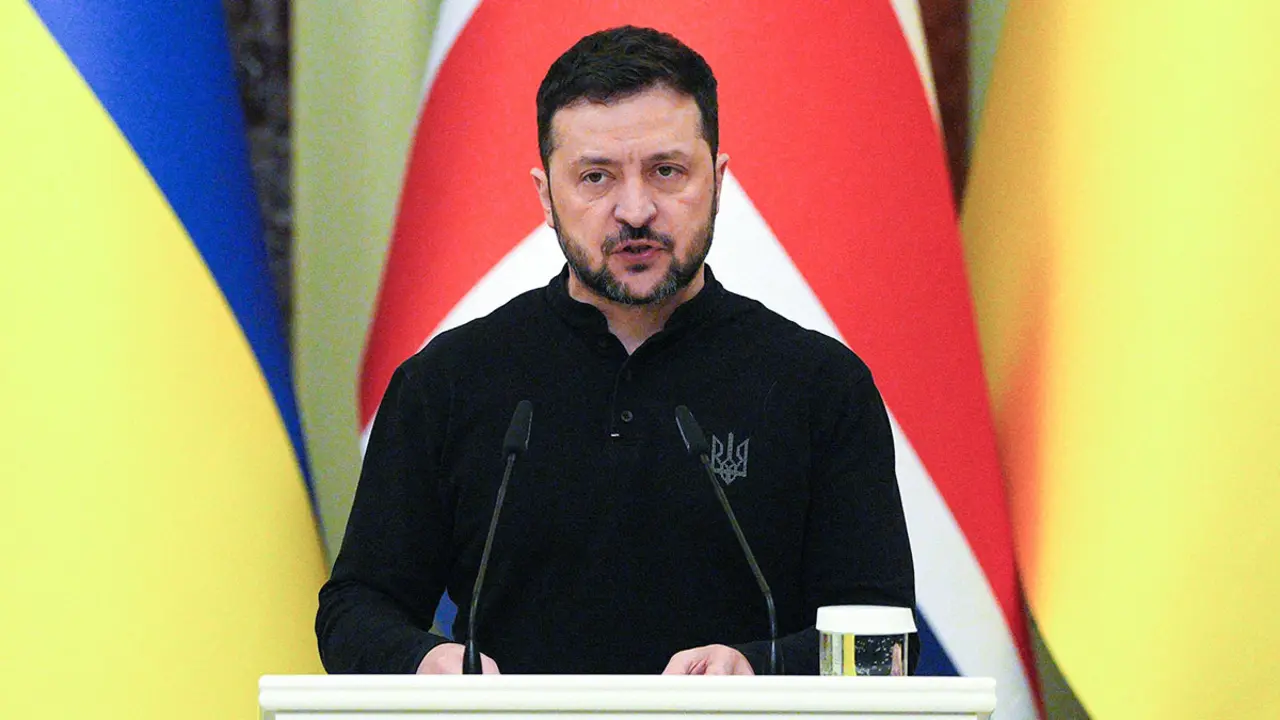Possible international rapprochement with Afghanistan

The current situation in Afghanistan is dramatic from any perspective. Looking at the political situation, the Taliban's rise to power and the recent departure of US troops from the country have left Afghanistan facing an international drift from which the main victims are civilians.
In an attempt to move away from the measures implemented during the first Taliban government, the insurgents are trying to show the world that control and security are guaranteed in Afghanistan under their rule, which is far from the reality.

Their rise to power brought with it the disappearance of women's rights and individual freedom. Forced, among other measures, to wear the burqa, women and girls have been denied the right to receive a decent education or to have access to employment. The application of Sharia law in the country's institutions has again restricted women's freedoms and, as a result, public punishments for not complying with moral or dress codes have returned.
On the other hand, violence has returned to the country. Terrorist attacks have multiplied in recent months and there is now open warfare between the Taliban themselves and the terrorists of ISIS-K, the Daesh affiliate in Afghanistan. The Taliban want to show the international community that security is guaranteed under their leadership, while the Daesh terrorists are trying to demonstrate through terror their limited power and their desire to continue sowing chaos.

In the face of this situation, the internal displacement of civilians has been at an all-time high. Desperate families, intent on fleeing danger, are trying to sustain themselves and survive. However, the imminent arrival of winter further complicates the vulnerable situation of refugees who, in extreme situations, have been forced to sell their own daughters into forced marriages in order to survive.
On the other hand, the serious economic situation is looming over the entire country, leading many to try to leave their borders in search of a better future where poverty does not mark their destinies.

Faced with this complicated situation, the international powers have moved with extreme restraint. This is not the case of Turkey or China, a country that has held different meetings with the Taliban and which has committed itself to rebuilding the Afghan country through economic packages of 27 million euros in exchange for the Taliban not turning Afghanistan "into a terrorist nest".
The insecurity in the area has led to the closure of many embassies and, in some cases, their gradual reopening. One example is the United Arab Emirates, which announced the reopening of its embassy in Kabul. Since the beginning of the humanitarian crisis, the Arab country has sent several planes with medical and food aid, and has tried to maintain a close relationship with the country in order to help civilians.

Other countries, such as Russia, consider the Taliban to be terrorists, but this has not prevented meetings between the Russian foreign minister, Sergey Lavrov, and the insurgents. In these meetings, Moscow has expressed concern about the new regime's lack of effectiveness in its fight against Daesh and has also urged the new leaders to "form a new inclusive government", something that is not on the radicals' agenda.
Russia's concern over Daesh's terrorist presence in the country has led the Russian giant to begin joint military manoeuvres with the former Soviet republics of Uzbekistan and Tajikistan after pledging military support if necessary.

The US has engaged in assiduous diplomacy with the Taliban following the signing of the Doha Accords in Qatar. In the pact, the Americans pledged to withdraw their troops in exchange for the insurgents' guarantee that Afghanistan would not become an arena for planning attacks or actions that threaten US security. Although the US played a key role in the Taliban's rise to power, last October the country, together with the International Monetary Fund and the World Bank, decided to freeze its aid.
On the other hand, the European Union initially assured that there would be no recognition of the new Taliban government. The President of the European Commission, Ursula von der Leyden, assured that there would be no "political talks with the Taliban". However, almost two months after the president's statement, Brussels is now considering reopening its embassy in Kabul, without recognising the Emirate.

Brussels continues to speak of a "measured approach", and the Taliban have welcomed the move as "a good step in the interest of the people of Afghanistan", according to spokesman Ahmadullah Wasiq. After the aid freeze, Von der Layden announced "a direct aid package" of one billion euros because, according to him, "civilians should not have to pay the price for the actions of the Taliban". Along the same lines, EU High Representative for Foreign Affairs Josep Borrell noted that "the EU must talk to the Taliban if it wants to have influence in Afghanistan".
It is here that a dichotomy emerges at a crossroads between morality and diplomacy. The EU wants to distance itself from any kind of act that would validate international recognition of the Taliban, but by the same token it does not want to leave civilians stranded. Moreover, the EU's current crisis on the international stage and its ability to exert influence means that Europe must engage in diplomacy against a regime that violates human rights.

The European diplomatic service announced that a diplomatic mission will be implemented by the end of this year with the aim of channelling humanitarian aid through a possible reopening of its embassy, an action that has the Taliban's approval. This is where there are two open fronts: the German position, like Borrell, argues that Europe should engage in talks with the Taliban so as not to leave a vacuum in the country that could lead to greater insecurity and, therefore, a new migratory crisis.
On the contrary, French diplomacy claims that if the EU decides to reopen its embassy, it will be a gesture that validates and recognises the Taliban regime. Despite French rejection, it seems that this mission is already underway, as evidenced by the visits of Belgian diplomat Arnout Pawels, who helped evacuate thousands of Europeans from the country.
So far, the little that is known is that this mission will be very limited in its attempt to continue moving in a very cautious manner. For now, only non-diplomatic personnel, civil protection office staff and humanitarian aid approved by the European Commission will be transferred.








